European Private
Equity M&A:
October Market Snapshot

Private equity activity has continued to rebound from first-half lows, with new deals and restarted processes gearing up throughout the summer season. At $12.2 billion, the Hg-led investment in Nordic enterprise software group Visma in August marked the world’s largest-ever software buyout. It also underlined private equity’s focus in the current environment on businesses with a proven track record and the trend to consortium deals, as Hg reinvested in the software group through its latest large-cap fund, joined by TPG and Warburg Pincus, while existing investors, including Montagu, exited.

Pent-up demand has been driving the resurgence in activity, and businesses that are resilient in the face of the effects of the COVID-19 pandemic are the prime targets. The result has been strong deal flow in tech and tech-enabled companies, including the $650 million investment into payments group Klarna – led by Silver Lake – which valued the business at $10.65 billion{{1}}{{{Klarna announces $650M funding round to further accelerate global growth</br>Source: Klarna}}}, making it the highest valued fintech in Europe. Meanwhile, EQT was reported to have paid 25 times last year’s earnings in its $1.3 billion purchase of Spanish online property classifieds group Idealista{{2}}{{{EQT agrees €1.3bn deal for Spanish property site Idealista</br>Source: Financial Times}}}. Similar appetite extends to emerging markets, with KKR and TPG putting $220 million into Singapore-based online real estate platform PropertyGuru, to help fund its rollout across southeast Asia{{3}}{{{PropertyGuru lands $220M from KKR and TPG to conquer Southeast Asia</br>Source: Techcrunch}}}.
In addition to their sharp focus on tech, private equity firms have been active within the healthcare space. We have seen ongoing interest in companies creating vaccines for COVID-19, as well as COVID-19 related products such as PPE. Investment in businesses responding to the trend of ageing populations demanding better healthcare services has also been strong. At the end of August, EQT’s infrastructure arm revealed that it had entered exclusive talks to buy Colisée Group, Europe’s fourth-largest provider of nursing home and homecare services, with nearly 270 homes across Belgium, France, Italy and Spain{{4}}{{{EQT Infrastructure enters exclusive negotiations to acquire a majority stake in Colisee – a European leader in elderly care</br>Source: EQT}}}.
The increasing flow of investments has prompted hopes of a much-improved second half for M&A. While uncertainty persists, with a recent rise in infection rates a sharp reminder of ongoing risks, bankers and other advisers see favourable conditions and financing terms for opportunistic deals and consolidation{{5}}{{{Top 5 global trends for H2 2020</br>Source: KPMG}}}.



Buy-and-Build Presents Opportunities
A strategy of combining complementary companies to generate synergies can generate significant additional value for sponsors. A recent study from Erasmus University of more than 800 buy-and-build deals in Europe found that merged companies increased sales by 27% relative to standalone performance{{6}}{{{PE can achieve significant improvements in sales and profit, says study</br>Source: PE News}}}. The strategy is gaining traction as sponsors look to take advantage of pressure on mid- and smaller-cap companies to consolidate in their markets.

Deals can have a domestic focus, or an international angle. For instance, Ardian is planning to accelerate consolidation at top-ten French insurer Finaxy, which has already acquired 27 rival French insurance businesses since 2009{{7}}{{{Ardian announces its acquisition of Finaxy, a french leader in insurance brokerage, from Equistone</br>Source: Ardian}}}. Meanwhile, European buy-and-build healthcare specialist ArchiMed raised €1 billion in August for its second fund (above its €800 million target), followed quickly by a platform deal for leading medical device tester Namsa, based in the U.S.{{8}}{{{Partnering with existing owners and management, ArchiMed acquires majority interest in NAMSA, the world leader in medical device testing</br>Source: Archimed}}}

Sellers’ Market for Top Tier Assets
Buyer appetite for top-tier assets has continued to drive high-profile processes. Among them, UK sports clothing brand Gymshark generated widespread interest and achieved a valuation of £1 billion in its first ever fundraise in August, when General Atlantic took a 21% stake in the brand. Such deals for prime assets are achieving high multiples and the seller-friendly terms that marked the pre-COVID market, with little or no conditionality and limited recourse to the seller, leaving buyers to rely on W&I insurance (often with tailored provisions for the COVID environment).
In contrast, companies that have been buffeted by the impact of COVID-19 present more challenging sale processes. Roadside assistance group the AA, which is up for auction, has extended the offer period amid reports of flagging interest and prospective bidders joining forces, which could reduce competitive tension in the auction{{9}}{{{AA auction risks stalling as rivals eye joint offer</br>Source: Sky News}}}. Sellers focused on exits may need to reduce price expectations or introduce more conditionality, such as material adverse change clauses, to push deals over the line.
Michael J. Preston
Partner
London
T: +44 20 7614 2255
mpreston@cgsh.com
V-Card
Gabriele Antonazzo
Partner
London
T: +44 20 7614 2353
gantonazzo@cgsh.com
V-Card
Michael James
Partner




